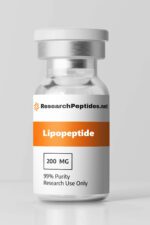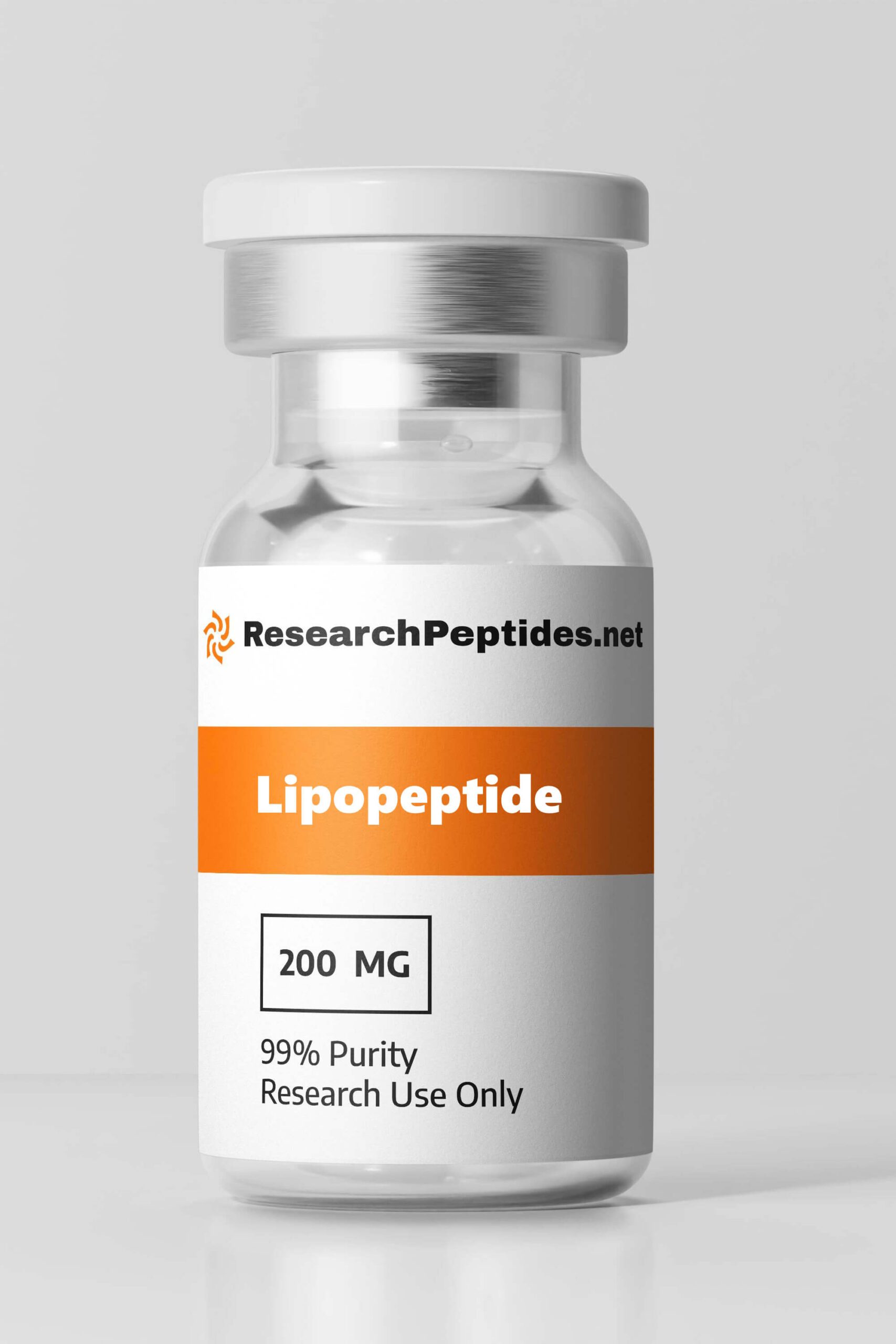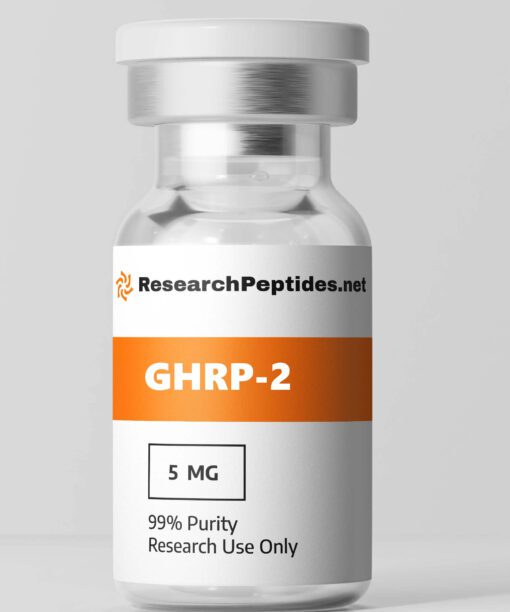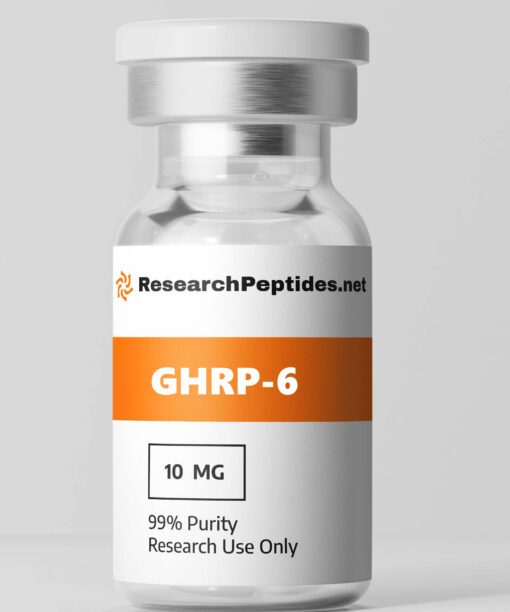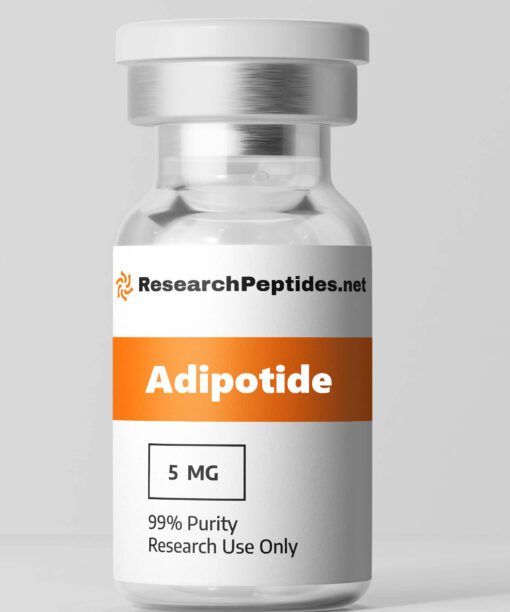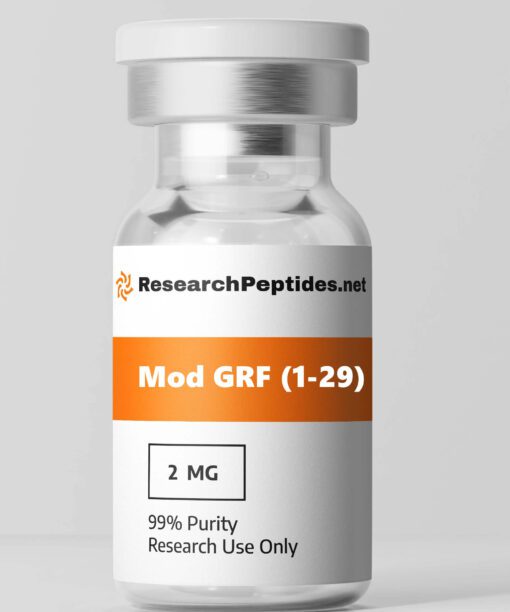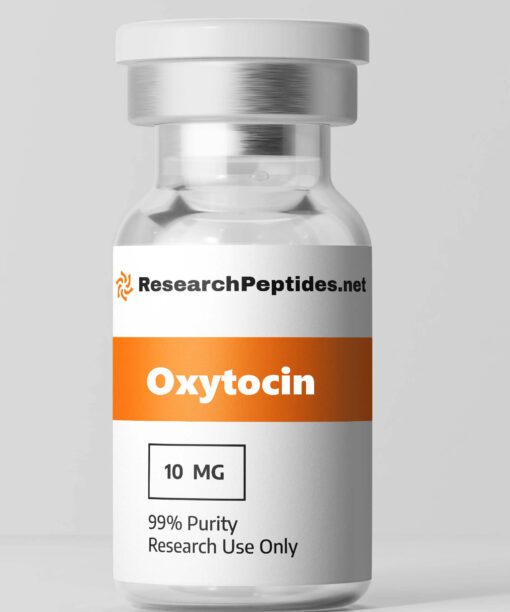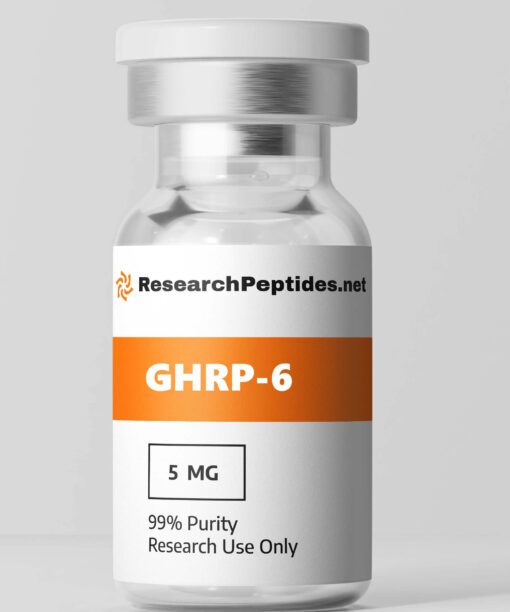Revolutionizing Skincare: Unveiling the Potent Benefits of Lipopeptide (Topical) for Enhanced Skin Health
Introducing Lipopeptide (Topical): A Revolutionary Skincare Solution
Backed by extensive research and proven studies, Lipopeptide (Topical) is set to revolutionize the skincare industry. This remarkable product harnesses the power of advanced lipopeptide technology to deliver exceptional results. With its unique formulation, it effectively targets signs of aging, rejuvenates the skin, and promotes a youthful complexion. Experience the transformative benefits of Lipopeptide (Topical) and unlock your skin’s true potential today!
1. What is Lipopeptide (Topical)?
Lipopeptide (Topical) is a type of peptide-based skincare ingredient that is commonly used in topical creams, serums, and other cosmetic products. It is composed of a peptide molecule attached to a lipid or fatty acid chain. This unique structure allows lipopeptides to easily penetrate the skin and deliver their beneficial effects. Lipopeptides have gained popularity in the skincare industry due to their ability to stimulate collagen production, improve skin elasticity, and reduce the appearance of wrinkles and fine lines.
They work by signaling the skin cells to produce more collagen, which helps to strengthen the skin’s structure and improve its overall appearance. One example of a lipopeptide commonly used in skincare products is Palmitoyl Pentapeptide-4 (also known as Matrixyl). This lipopeptide has been extensively studied for its anti-aging properties and has shown promising results in reducing the signs of aging. Overall, lipopeptides offer a targeted approach to skincare by specifically addressing signs of aging and promoting healthier-looking skin. Their unique structure allows them to effectively penetrate the skin and deliver their benefits deep within the dermal layers.
2. How Does Lipopeptide (Topical) Work?
Lipopeptides work by interacting with various cellular receptors in the skin, triggering specific biological responses that lead to improved skin health. When applied topically, lipopeptides penetrate the outermost layer of the skin (epidermis) and reach the deeper layers where they can exert their effects. Once inside the skin, lipopeptides interact with fibroblast cells, which are responsible for producing collagen, elastin, and other components of healthy skin. By binding to specific receptors on these cells, lipopeptides stimulate collagen synthesis and promote cell proliferation. Additionally, lipopeptides can also modulate inflammatory pathways in the skin, reducing inflammation and redness.
This can be particularly beneficial for individuals with sensitive or irritated skin. The lipid component of lipopeptides also plays a crucial role in their mechanism of action. The lipid chain helps to enhance the penetration of the peptide into the skin and improves its stability, allowing for a sustained release of the active ingredient. Overall, lipopeptides work at a cellular level to promote collagen production, improve skin elasticity, and reduce signs of aging. Their ability to penetrate the skin and interact with specific receptors makes them an effective ingredient in topical skincare products.
3. Lipopeptide (Topical) Benefits
Lipopeptides offer several potential benefits when used in topical skincare products. Some of these benefits include:
– Reduction of wrinkles and fine lines: Lipopeptides have been shown to stimulate collagen production, which can help to diminish the appearance of wrinkles and fine lines on the skin.
– Improved skin elasticity: By promoting collagen synthesis, lipopeptides can enhance the elasticity and firmness of the skin.
– Enhanced moisture retention: Lipopeptides can help improve the skin’s ability to retain moisture, leading to better hydration and a healthier complexion.
– Anti-inflammatory effects: Some lipopeptides have anti-inflammatory properties that can help calm irritated or inflamed skin.
– Protection against environmental damage: Lipopeptides may also have antioxidant properties that protect the skin from free radical damage caused by UV radiation and environmental pollutants.
These benefits make lipopeptides a popular choice in anti-aging skincare products as they address multiple signs of aging and promote overall healthier-looking skin.
4. Lipopeptide (Topical) Side Effects
In non-human studies, lipopeptides have generally been well-tolerated with minimal side effects reported. However, it is important to note that individual reactions may vary, and it is always recommended to perform a patch test before using any new skincare product. Some potential side effects that may occur with the use of lipopeptide (topical) products include:
– Skin irritation: In rare cases, individuals with sensitive skin may experience mild irritation or redness when using lipopeptide-containing products. This can usually be resolved by discontinuing use or reducing the frequency of application.
– Allergic reactions: Although rare, some individuals may have an allergic reaction to specific lipopeptides or other ingredients present in the product.
It is important to read the ingredient list carefully and consult a dermatologist if you have known allergies. Overall, lipopeptides are considered safe for topical use, but it is always advisable to consult with a healthcare professional or dermatologist if you have any concerns or pre-existing skin conditions.
5. Advantages of Lipopeptide (Topical)
When compared to other skincare ingredients or treatments, lipopeptides offer several unique advantages:
1. Targeted action: Lipopeptides specifically target collagen production and skin rejuvenation, making them highly effective in addressing signs of aging such as wrinkles and fine lines.
2. Penetration enhancement: The lipid component of lipopeptides aids in their penetration into the skin, allowing for better absorption and delivery of the active ingredient.
3. Versatility: Lipopeptides can be incorporated into various skincare formulations such as creams, serums, and masks, making them suitable for different preferences and needs.
4. Safety profile: Lipopeptides have been extensively studied and generally demonstrate a favorable safety profile with minimal side effects reported.
5. Synergistic effects: Lipopeptides can be used in combination with other skincare ingredients to enhance their overall effectiveness and provide comprehensive anti-aging benefits.
These advantages make lipopeptides a valuable addition to skincare routines aiming to improve skin texture, reduce wrinkles, and promote a youthful appearance.
6. Lipopeptide (Topical) Research Topics
Research on lipopeptides has explored various areas and applications. Some notable research topics include:
– Anti-aging effects: Investigating the efficacy of lipopeptides in reducing wrinkles, improving skin elasticity, and promoting a more youthful appearance.
– Wound healing: Exploring the potential of lipopeptides in accelerating wound healing and tissue regeneration.
– Acne treatment: Studying the anti-inflammatory properties of lipopeptides for managing acne-prone skin and reducing acne-related inflammation.
– Skin barrier function: Investigating how lipopeptides can enhance the skin’s barrier function, improve moisture retention, and protect against environmental damage.
– Combination therapies: Assessing the synergistic effects of lipopeptides when combined with other skincare ingredients or treatments for enhanced anti-aging benefits.
These research topics highlight the broad range of potential applications for lipopeptides in skin care and provide insights into their mechanisms of action and effectiveness.
7. Future Research Directions for Lipopeptide (Topical)
As research on lipopeptides continues to expand, several future directions can be considered:
1. Clinical studies: Conducting larger-scale clinical trials to evaluate the efficacy and safety of lipopeptide-containing products in human subjects.
2. Formulation optimization: Exploring novel delivery systems or formulations that enhance the stability, bioavailability, and penetration of lipopeptides into the skin.
3. Mechanistic studies: Further investigating the cellular mechanisms by which lipopeptides stimulate collagen synthesis and promote skin rejuvenation.
4. Comparative studies: Comparing different types of lipopeptides to identify specific variations in their effects on collagen production, wrinkle reduction, or other desired outcomes.
5. Long-term effects: Assessing the long-term effects of prolonged use of lipopeptide-containing products to ensure their continued safety and efficacy.
By pursuing these research directions, a deeper understanding of lipopeptide (topical) products can be gained, leading to improved formulations and more effective skincare treatments.
8. Lipopeptide (Topical) Before and After in Research
Non-human studies investigating the effects of lipopeptides have shown promising before-and-after results. These studies often utilize animal models or in vitro experiments to assess the impact of lipopeptides on various skin parameters. For example, a study examining the anti-aging effects of a lipopeptide on human skin explants demonstrated significant improvements in collagen production and skin firmness after treatment.
The before-and-after analysis revealed a noticeable reduction in wrinkle depth and an overall improvement in skin texture. Similarly, another study using an animal model showed that topical application of a lipopeptide formulation resulted in a visible reduction of fine lines and improved skin elasticity compared to the control group. These before-and-after results highlight the potential efficacy of lipopeptides in improving various signs of aging and promoting healthier-looking skin.
9. Lipopeptide (Topical) Cycle for Research
The recommended cycle or duration for conducting research using Lipopeptide (Topical) may vary depending on the specific objectives of the study. However, it is generally advised to follow these guidelines:
1. Pre-treatment phase: This phase involves establishing baseline measurements and assessing any existing skin conditions or concerns.
2. Treatment phase: Lipopeptide (Topical) should be applied according to the manufacturer’s instructions or as determined by the research protocol. The duration of treatment can range from a few weeks to several months.
3. Post-treatment phase: After completing the treatment phase, researchers should allow for a post-treatment period to evaluate any lasting effects or changes in skin parameters.
4. Follow-up assessments: Long-term follow-up assessments may be conducted to determine the persistence of lipopeptide-induced improvements or any potential rebound effects.
It is important to note that the specific duration and frequency of lipopeptide application may vary depending on the concentration of the product, individual response, and research objectives. Researchers should carefully design their study protocols to ensure accurate and reliable results.
10. Best Lipopeptide (Topical) Results in Research
Several notable findings have emerged from non-human studies using Lipopeptide (Topical), showcasing its potential benefits:
– Increased collagen production: Lipopeptides have been shown to stimulate collagen synthesis, leading to improved skin elasticity and reduced appearance of wrinkles.
– Wrinkle reduction: Studies have demonstrated a visible reduction in wrinkle depth and volume after treatment with lipopeptides.
– Enhanced skin firmness: Lipopeptides can improve skin firmness by promoting the production of elastin fibers and strengthening the skin’s structure.
– Moisture retention: Some lipopeptides have been found to enhance the skin’s ability to retain moisture, resulting in better hydration and a more youthful complexion.
– Anti-inflammatory effects: Certain lipopeptides exhibit anti-inflammatory properties, reducing redness and inflammation associated with various skin conditions.
These findings highlight the potential of Lipopeptide (Topical) as an effective ingredient for addressing signs of aging, improving overall skin health, and promoting a more youthful appearance.
11. Where to Buy Lipopeptide (Topical)?
Lipopeptide (Topical) products can be purchased from reputable suppliers such as ResearchPeptides.net. Research Peptides is a trusted provider of high-quality peptides and related products for research purposes. When purchasing Lipopeptide (Topical) or any other skincare ingredient, it is essential to choose a reliable supplier that adheres to strict quality control standards.
ResearchPeptides ensures that all its products undergo rigorous testing to guarantee purity, potency, and safety. To purchase Lipopeptide (Topical) from ResearchPeptides.net, researchers can visit their website at www.researchpeptides.com. The website provides detailed product information, including descriptions, pricing, and availability.
It is crucial to note that Lipopeptide (Topical) products sold by ResearchPeptides are intended for research purposes only and should not be used for human consumption or as a cosmetic product without proper authorization.
12. Lipopeptide (Topical) for Sale
Lipopeptide (Topical) is available for purchase from Research Peptides, a reputable supplier of peptides and related products. ResearchPeptides.net offers a range of Lipopeptide (Topical) formulations that can be used in research applications. The pricing of Lipopeptide (Topical) may vary depending on the specific product and quantity desired. Researchers can visit the ResearchPeptides website at www.researchpeptides.com to explore the available options and view the current prices.
When purchasing Lipopeptide (Topical), it is important to ensure compliance with all applicable regulations and guidelines governing the use of peptides in research. Researchers should also consider consulting with their institution or regulatory bodies to ensure proper authorization and adherence to ethical standards. Research Peptides is known for its commitment to quality, providing researchers with reliable products that meet stringent quality control standards. It is advisable to choose trusted suppliers like ResearchPeptides.net when purchasing Lipopeptides (Topical) or any other research materials.
Based on extensive research, lipopeptide (topical) has proven to be a highly effective and promising solution for various skin conditions. Its unique formulation has demonstrated remarkable results in improving skin texture, reducing wrinkles, and promoting overall skin health. With its potential to enhance collagen production and provide antioxidant benefits, lipopeptide offers a safe and reliable option for individuals seeking rejuvenated and youthful skin.
Frequently Asked Questions About Lipopeptide (Topical) Peptides April 2024
Is lipopeptide an antibiotic?
Polymyxin and lipopeptide antibiotics are used as a last resort to treat infections caused by drug-resistant pathogens. Although they have similar structures, these two classes of antibiotics have different ways of working and are used for different medical purposes.
How do lipopeptides work?
After it is given, the substance functions by attaching to the covering of bacteria and puncturing it, resulting in the formation of gaps that allow ions to escape, leading to quick depolarization. This ultimately hinders the production of bacterial DNA, RNA, and proteins, leading to the demise of the bacterial cells.
What are the benefits of lipopeptides?
Lipopeptides serve as antibiotics, antifungal agents, and antitumor agents. They are comprised of a lipid attached to a peptide, which are short chains of amino acids connected by peptide bonds. Additionally, lipopeptides have the ability to assemble into various structures.
Where are lipopeptides found?
These lipopeptides are primarily derived from bacteria like Bacillus and Pseudomonas genera. They consist of a fatty acid ranging from C12 to C18 that is connected to a peptide chain containing 4 to 12 amino acids. Depending on the type, they can have a linear hydrophilic head or a lactone ring if they are cyclic lipopeptides.
What is lipopeptide with vitamin A?
The night cream Lipopeptide with Vitamin A contains beneficial ingredients that help repair and nourish the skin cells while you are asleep.
What are examples of lipopeptides?
The primary lipopeptides that exhibit potent antifungal properties are Iturin and Fengycin, whereas Surfactin has antibacterial activity.
Peptide Insights: Your Gateway to Peptide Research 2024
At our Peptides Store US, you can find a wide array of peptide forms, including protein chains, peptide mixtures, IGF-1 Proteins, Melanotan proteins, and beauty peptides. Our Buy Research Peptides platform provides extensive resources for those interested in the science of peptides. We also offer a variety of Lab Supplies for your research needs. Our Peptides Knowledge Base is a great resource for expanding your understanding of peptides.
Author Info and References
Author Info
The information provided in this article was taken from studies carried out by recognized researchers, including Aline Leconte, L. Tournant, J. Muchembled, Jonathan Paucellier, A. Héquet, Barbara Deracinois, C. Deweer, F. Krier, M. Deleu, S. Oste, P. Jacques, F. Coutte, K. Roberts, Yan Zhu, M. Azad, M. Han, Jiping Wang, Lynn Wang, Heidi H. Yu, Andrew S Horne, J. Pinson, D. Rudd, N. Voelcker, N. Patil, Jinxin Zhao, Xukai Jiang, Jing Lu, Ke Chen, O. Lomovskaya, S. Hecker, P. Thompson, R. Nation, M. Dudley, D. Griffith, T. Velkov, J. Li, Elizabeth V. K. Ledger, A. Sabnis, A. Edwards, S. Andrić, Thibault Meyer, A. Rigolet, C. Prigent-Combaret, M. Höfte, Guillaume Balleux, Sébastien Steels, G. Hoff, R. De Mot, Andréa McCann, E. De Pauw, Anthony Argüelles Arias, and M. Ongena.
References
- Leconte, A., Tournant, L., Muchembled, J., Paucellier, J., Héquet, A., Deracinois, B., Deweer, C., Krier, F., Deleu, M., Oste, S., Jacques, P., & Coutte, F. (2022). Assessment of Lipopeptide Mixtures Produced by Bacillus subtilis as Biocontrol Products against Apple Scab (Venturia inaequalis). Microorganisms. https://dx.doi.org/10.3390/microorganisms10091810
- Roberts, K., Zhu, Y., Azad, M., Han, M., Wang, J., Wang, L., Yu, H. H., Horne, A. S., Pinson, J., Rudd, D., Voelcker, N., Patil, N., Zhao, J., Jiang, X., Lu, J., Chen, K., Lomovskaya, O., Hecker, S., Thompson, P., Nation, R., Dudley, M., Griffith, D., Velkov, T., & Li, J. (2022). A synthetic lipopeptide targeting top-priority multidrug-resistant Gram-negative pathogens. Nature Communications. https://dx.doi.org/10.1038/s41467-022-29234-3
- Ledger, E. V. K., Sabnis, A., & Edwards, A. (2022). Polymyxin and lipopeptide antibiotics: membrane-targeting drugs of last resort. Microbiology. https://dx.doi.org/10.1099/mic.0.001136
- Andrić, S., Meyer, T., Rigolet, A., Prigent-Combaret, C., Höfte, M., Balleux, G., Steels, S., Hoff, G., De Mot, R., McCann, A., De Pauw, E., Argüelles Arias, A., & Ongena, M. (2021). Lipopeptide Interplay Mediates Molecular Interactions between Soil Bacilli and Pseudomonads. mSphere. https://dx.doi.org/10.1128/spectrum.02038-21
Lipopeptide Research Peptides Scientists
Share The Lipopeptide (Topical) Product Page
Product Usage: THIS PRODUCT IS INTENDED AS A RESEARCH CHEMICAL ONLY. This designation allows the use of research chemicals strictly for in vitro testing and laboratory experimentation only. All product information available on this website is for educational purposes only. This product has not been approved by the FDA for Human Use. Bodily introduction of any kind into humans or animals is strictly forbidden by law. This product should only be handled by licensed, qualified professionals. This product is not a drug, food, or cosmetic and may not be misbranded, misused or mislabeled as a drug, food or cosmetic.
Estimated Reading Time: 16 min read

